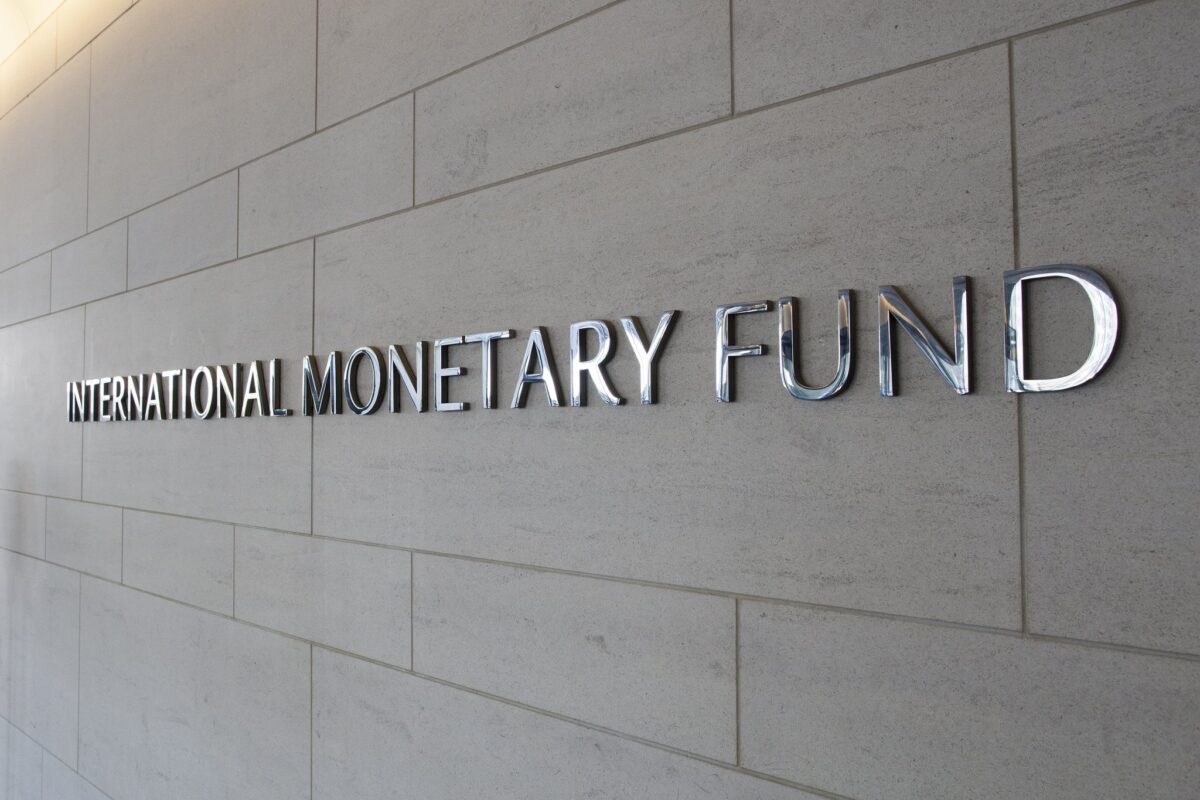
Liechtenstein resists the pandemic
Liechtenstein's finance sector is not affected by the pandemic and showed a high level of resilience.
The economy of Liechtenstein has not suffered greater losses from the pandemic than other developed countries. In particular, the country’s finance sector showed a high level of resilience.
Liechtenstein’s economic performance has been affected by the pandemic no more than that of other developed countries, Liechtenstein’s Financial Market Authority (FMA) writes in its Economics Monitor for Q2 2021. Specifically, a decrease in Liechtenstein’s gross domestic product of 5.7 percent is recorded in the Economics Monitor for 2020 versus 2019. Its estimates the corresponding value for the eurozone as 6.6 percent. The FMA analysts explain in the monitor that this is not obvious as Liechtenstein’s economic growth is more volatile than that of other countries due to the country’s small size and its dependence on exports as well as the importance of the finance sector in terms of economic output.
Liechtenstein’s finance sector not affected by the pandemic
The analysts cite the fact that the country’s finance sector was not severely affected by the pandemic, unlike the financial crisis, as a reason for the good result. The monitor states: “The financial sector of Liechtenstein displayed a high level of resilience during the pandemic and even continued its growth course at the start of the year.” Goods exports also fell less sharply as industry was affected less intensely by the second and third waves of the pandemic. Moreover, in the first months of the current year, goods exports had already exceeded the level before the crisis, the analysts write.
The Financial Stability Council (FSC) also estimates the effects of the pandemic on the stability of the domestic financial market to be low. However, developments must “continue to be watched closely in light of the debt sustainability and still high uncertainty,” the country’s macroprudential supervisory board states in a government press release. The FSC is leaving the countercyclical capital buffer rate for banks unchanged at 0 percent of the overall risk value “as no excessive credit growth is able to be determined at the moment”.





